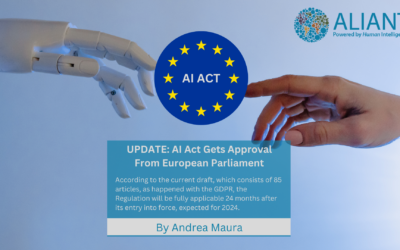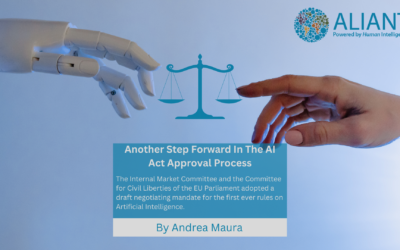In its first ruling on crypto currencies, the Spanish Supreme Court ruled that Bitcoins are not money from a legal point of view. Nevertheless, Bitcoins could be agreed as an intangible asset as consideration in bilateral transactions.
Significantly, the first judgment of the Supreme Court on Bitcoin concerns Bitcoin fraud: The managing director of an English company was accused of having concluded investment agreements on the basis of which the contractual partners gave to the company the crypto currencies in deposit and in return he was to reinvest the dividends received and pay out the profits in return for a corresponding commission.
At the signing of these agreements, the now convicted person intended to take over the Bitcoins, but not to fulfil the obligations entered into.
The Audiencia Provincial in Madrid ordered the defendant to pay compensation in money equivalent to the Bitcoins’ quotation at the time the respective contracts were concluded, which would be determined by enforcement of the judgment, and declared the company’s subsidiary civil liability.
The victims of the fraud appealed against that decision to the Supreme Court on the ground that the defendants should have been ordered to return the Bitcoins obtained as a result of the fraud and that, only if the assets were not returned in the execution of the judgment, would their valuation then be carried out and the payment of the resulting amount decided.
The Supreme Court now concludes, contrary to its own current case-law – that the property and money obtained through a criminal offence must be returned to the victims – that the victims of the fraud in this case did not have the Bitcoins purloined, which must be returned to them, but that “the act which must be compensated was made with money in euros which, as a result of the deception inherent in the fraud, was given to the defendants to invest in assets of that kind”.
On the other hand, Bitcoins are “not restitutable since they are neither a tangible object nor legally considered to be money“. Bitcoin is rather a unit of account of the network of the same name. By means of a public ledger, in which all transactions are permanently stored in a blockchain database, 21 million of these units were created and marketed divisible via a verified computer network.
The crypto currency is therefore “nothing other than an intangible asset in the form of a unit of account defined by computer and cryptographic technology, the value of which is that which the unit of account, or part thereof, achieves through the interplay of supply and demand in the sale of those units via trading platforms“.
In summary, the Supreme Court considers that, despite all the evidence concerning the investment contract and the provision byinvestors of Bitcoins, “the return of Bitcoins cannot be decided and it is appropriate to remedy and compensate the damage in the manner indicated in the first instance judgment, the amount of money (damage) paid being reimbursed to the injured parties, with an increase for the damage consisting of the return on the price of the Bitcoin units between the date of the investment and the expiry of the respective contracts“.
The Tribunal Supremo’s assessment of Bitcoins as a kind of book value is to be welcomed. However, the last passage of the judgment will still cause considerable difficulties in the assessment of the damage in the enforcement proceeding.
This article was originally featured on our partner, Grupo Gispert’s, website:https://grupogispert.com/blog/en/
FOLLOW US ON LINKEDIN
SEE MORE ALIANT INSIGHTS




